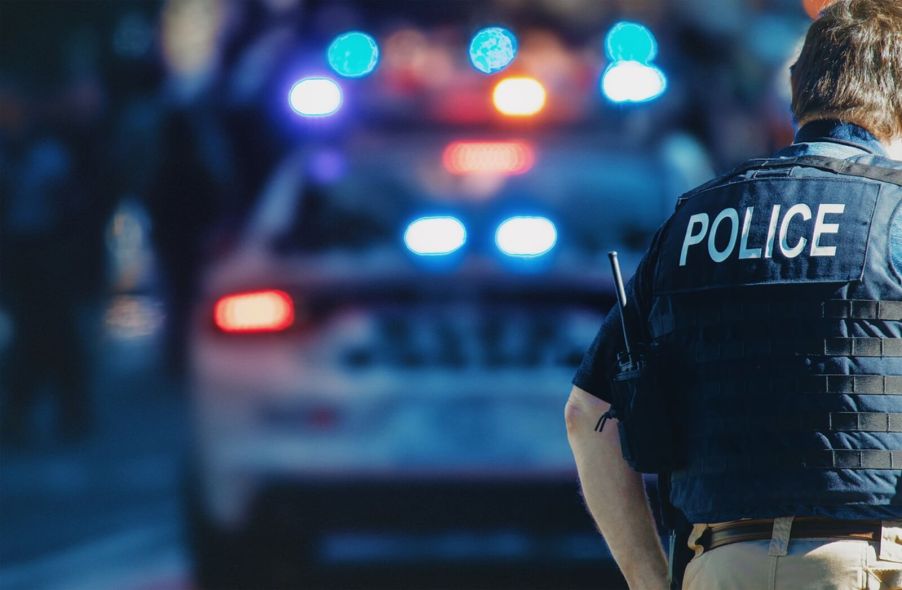
Can you keep a police scanner in your car?
Communication is key for police departments nationwide. As such, officers are almost constantly sending and receiving radio traffic that you might be able to pick up on a police scanner. However, while you might be allowed to use a scanner, using one in your car could be a no-no.
A police scanner is legal to own in all 50 states, but using one in your car could spell trouble for you
It might sound odd, but police scanners are legal to own and operate in all 50 states. That means you can listen to law enforcement officers (LEOs) communicate. Police traffic, unlike military and other sensitive federal communications, are publicly accessible. Hobbyists sometimes listen in using standalone scanners or scanner smartphone applications.
For instance, the following states are just a couple of the ones that prohibit drivers from operating a police scanner in their personal vehicles.
- Kentucky
- New York
- Indiana
- Florida
- Minnesota
That said, a scanner could be yet another distraction that you don’t need while driving. Considering around 3,000 people die due to distracted driving on American roads every year, eliminating any distractions seems like a prudent move.
However, beyond the states that expressly forbid motorists from using police scanners in their vehicles, some states prohibit the use of a scanner for crime. I know, duh, right? Well, not every state has specific language forbidding the use of a scanner in a crime. Here are some of the states that will add using a scanner to your would-be charges should police catch you breaking the law.
In addition to scanners, drivers can own and use radar detectors. Unlike scanners, which listeners can use to listen to police chatter, detectors are more of a countermeasure for drivers. See, radar detectors pick up incoming radio signals from police devices to warn drivers that they could be susceptible to a speeding ticket. Better yet, detectors are legal to own and operate in most states. However, states like Virginia forbid drivers from operating radar detectors.
Source: Zip Scanners, Suhre & Associates



